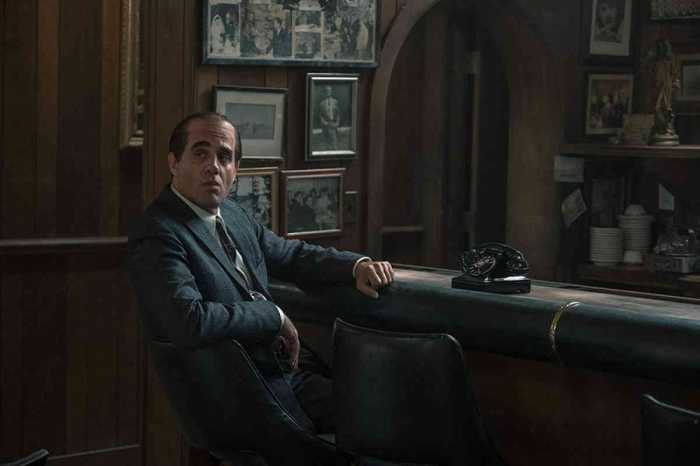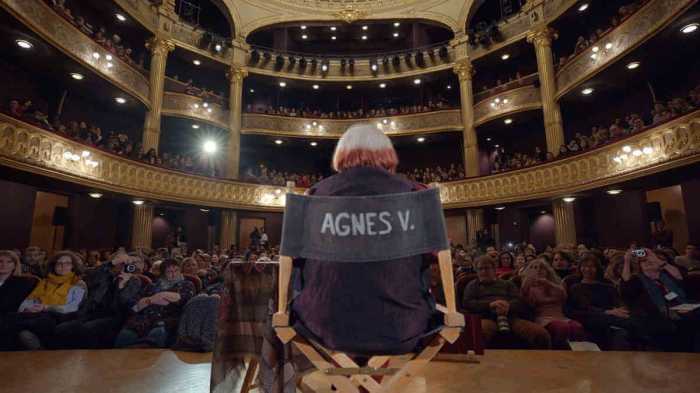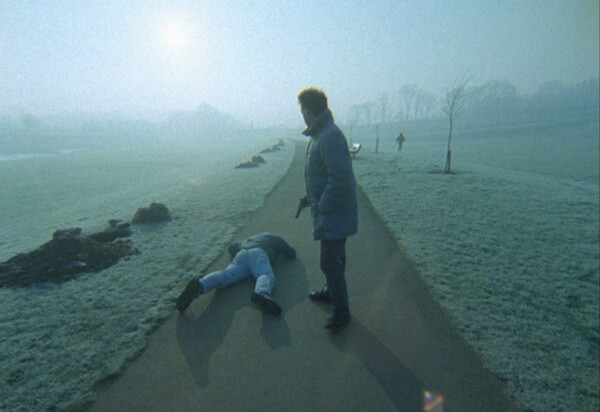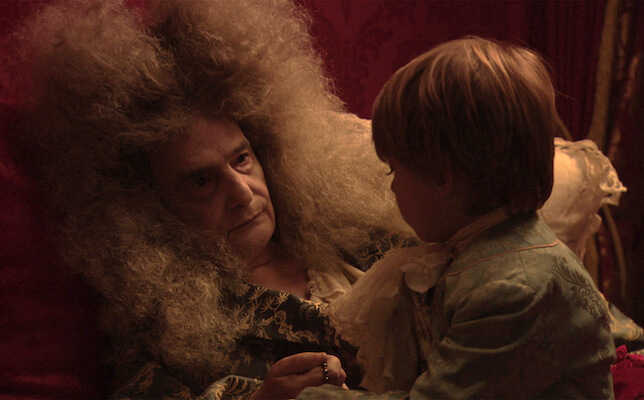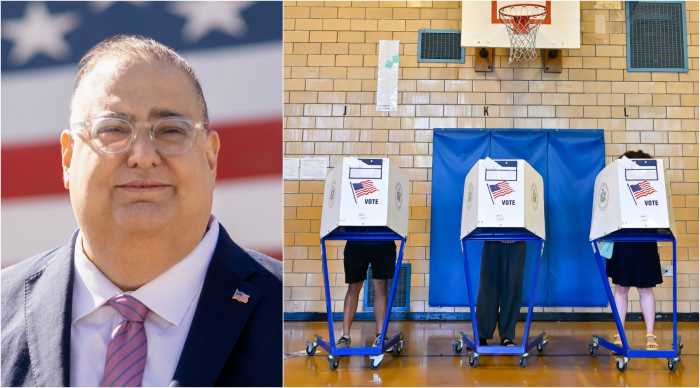Bertrand Bonello’s “Nocturama,” though critical of capitalism’s corruption, has a curious relationship to consumerism. | GRASSHOPPER FILM
It’s very hard to capture the zeitgeist when the process of getting a film made takes years. French director Bertrand Bonello’s “Nocturama” manages it, with an up-to-the-minute and startlingly sympathetic depiction of his nation’s terrorists.
Music did a better job than cinema of capturing the hopes of the ‘60s left, with the major exceptions of Jean-Luc Godard’s body of work through “Weekend” and some of the radical Third World cinemas inspired by the French New Wave. “Nocturama” has a ripped-from-the-headlines quality, but it also brings back memories of the violent excesses of the ‘60s and ‘70s New Left.
“Nocturama” begins with the planning for a series of bombings by a loosely organized group of Parisian terrorists. (I’m well aware how loaded that word is, but I can’t think of a better way to describe them.) While their designs are depicted by Bonello in a somewhat fragmented manner, they culminate in the bombing of a bank’s offices. The group then takes shelter in a shopping mall, where they put on expensive clothes and listen to music until danger inevitably strikes.
Bertrand Bonello examines contradictions in capitalism’s harshest critics
“Nocturama” takes real risks by naming its terrorists’ targets and then loading the rest of the film with brand names. Bonello doesn’t explain why the bank HSBC is blown up by his characters, but googling it will offer an eye-opening look into its very genuine corruption. Without justifying the violent destruction of its offices, “Nocturama” is encouraging its spectators to look into the bank’s past.
I wonder whether Bonello got paid for all the product placement in the scenes in the shopping mall. If he did, I’m sure someone will accuse him of hypocrisy, but it’s ironic, at the very least, to throw around the Lacoste logo — and many others — in a film this ambivalent, if not outright critical, about capitalism.
Part of what’s so refreshing about “Nocturama” is that it arrives at a time when the Western media assumes that political violence is always linked to Islamic fundamentalism, and TV and films rarely represent the far left (except perhaps for a few documentaries). In fact, the TV show “Mr. Robot,” whose first season ended with a group of hacker-activists destroying Americans’ ability to use credit cards, is one of the few reference points that come to mind here. The other one is a big elephant in the room, and it’s inevitable when you make a film that mostly takes place in a shopping mall: the late George Romero’s “Dawn of the Dead.” But if “Nocturama” has points of contact with Romero, it goes way beyond his simple contention that consumer culture turns us into virtual zombies.
In fact, “Nocturama” is ultimately about the effects of a consumerist playland on people who hate capitalism or at least representations of its corruption like HSBC. As the terrorists take refuge in the mall, they suffer from claustrophobia and tension but also have a pretty good time. Much of this stems from the film’s use of music — Netflix will be streaming “Nocturama” (thankfully, the theatrical rights were acquired by another distributor) and if you watch it there, crank your speakers up as loud as possible. The characters get a great deal of pleasure out of listening to songs like Blondie’s “Call Me” and Chief Keef’s “I Don’t Like” through extremely expensive high-end stereo speakers in the mall, and so does the audience as we watch and listen (if in a theatrical setting, hopefully at top volume). Bonello also contributed an excellent synthesizer-based score. A scene in which one male terrorist, wearing a wig, eyeliner, and makeup, descends a staircase while lip-synching to Shirley Bassey’s “My Way” renders all of “La La Land” useless.
“Nocturama” is not a simple denunciation of consumerism. It suggests that if one has access to pleasures like designer clothes and great stereo systems, it’s impossible to avoid being seduced by them, even if your ideology says you should be. The terrorists in this film are a multi-ethnic group that includes whites, Arabs, and one black man. They don’t talk about their beliefs much, but while they’re willing to kill guards to gain access to the mall, they’re also generous enough to let a homeless couple into it and share their pleasures with them. If anything, “Nocturama” suggests that capitalism and consumerism need to be radically democratized — right now, only the rich can benefit from them — and just as in “Dawn of the Dead” the people in this film face a violent threat from outside, except that it comes from cops rather than zombies. The police demonstrate their moral vacuity by blowing away a completely innocent homeless man.
In a French context, I’m sure “Nocturama” was a real provocation. In New York, I think anyone who attends a theater like Metrograph will understand that the message of the film is not “bombing banks is awesome.” When it’s widely disseminated on Netflix, its chances of being misunderstood increase. But it seems to me that since Trump’s election, the portion of the left beyond the Democratic Party has been getting increasingly extreme. If they think they’re immune to the attraction of violence and that attraction is harmless, they really need to see this film.
NOCTURAMA | Directed by Bertrand Bonello | Grasshopper Film | In French with English subtitles | Opens Aug. 11 | Metrograph, 7 Ludlow, btwn. Hester & Canal Sts.; metrograph.com | Film Society of Lincoln Center, Howard Gilman Theater, 144 W. 65th St.; filmlinc.org


